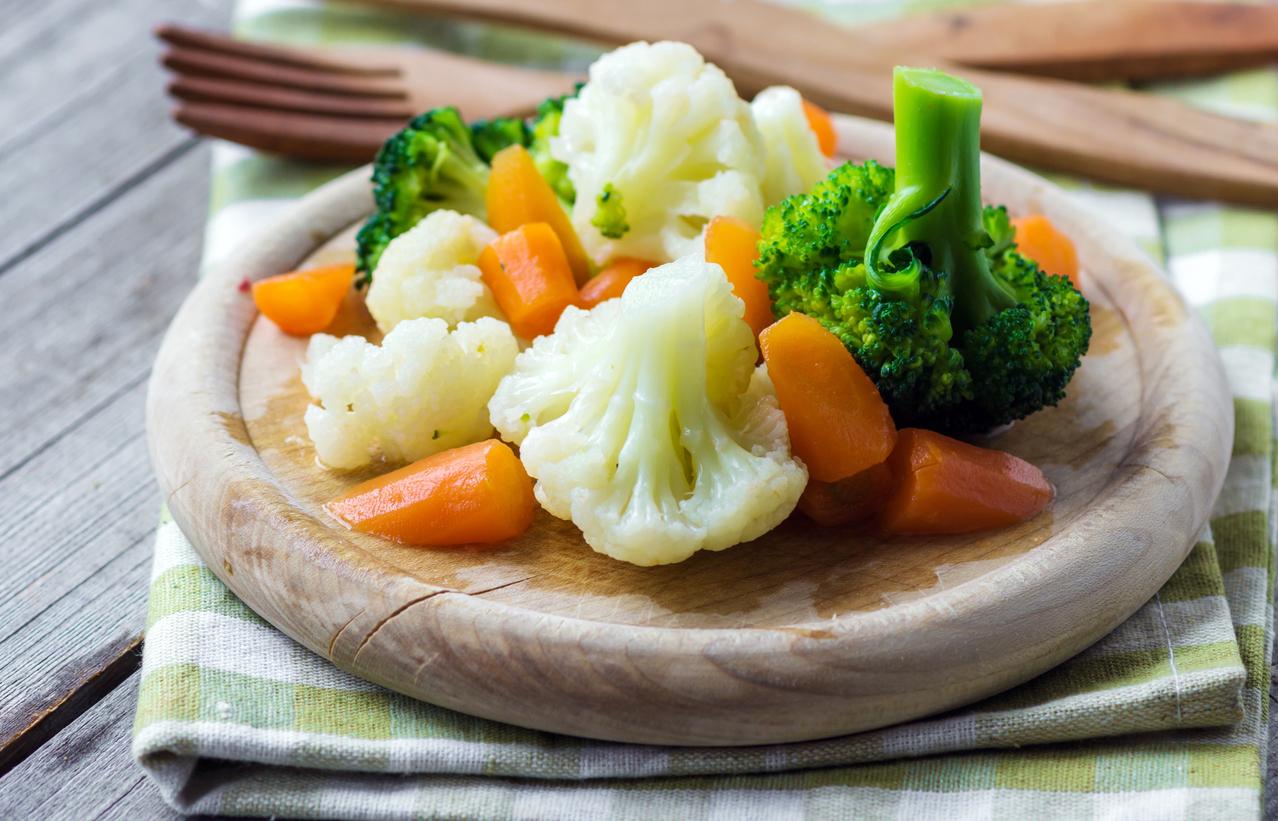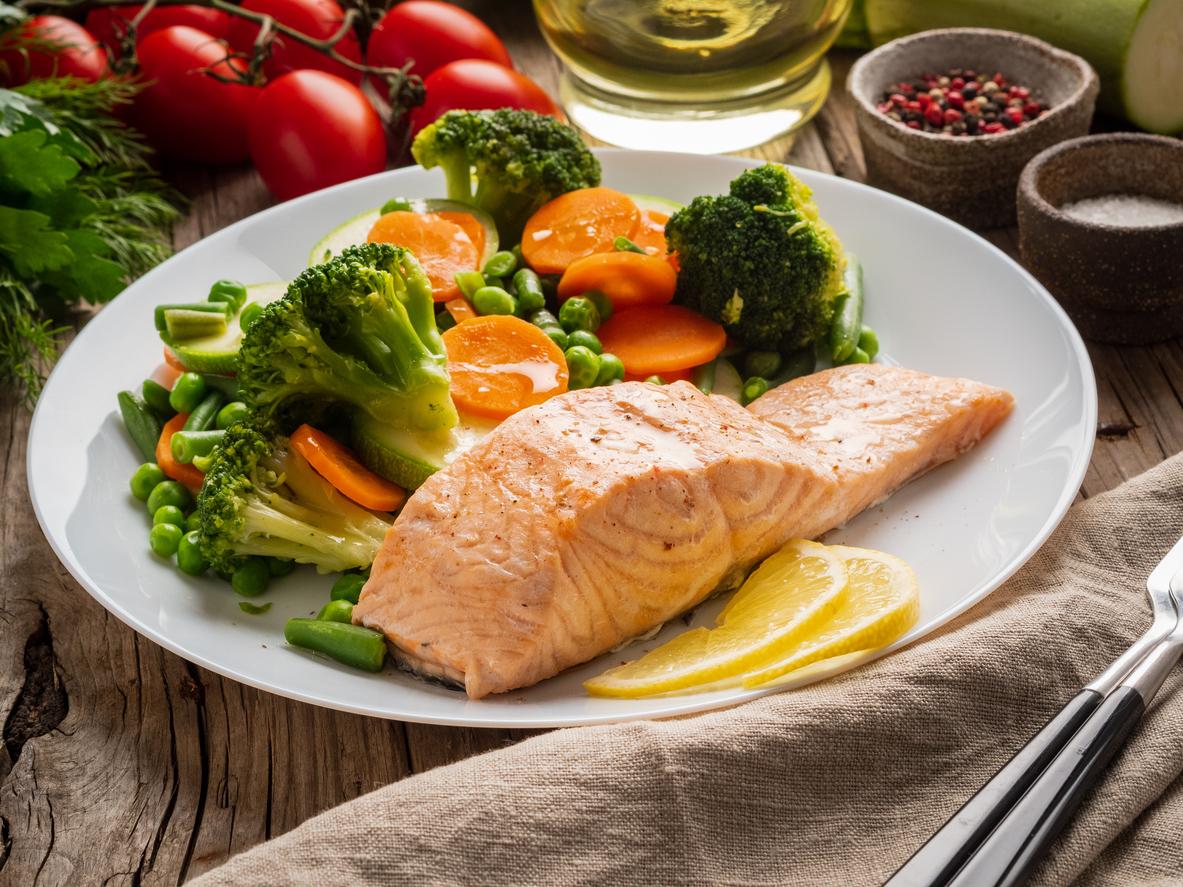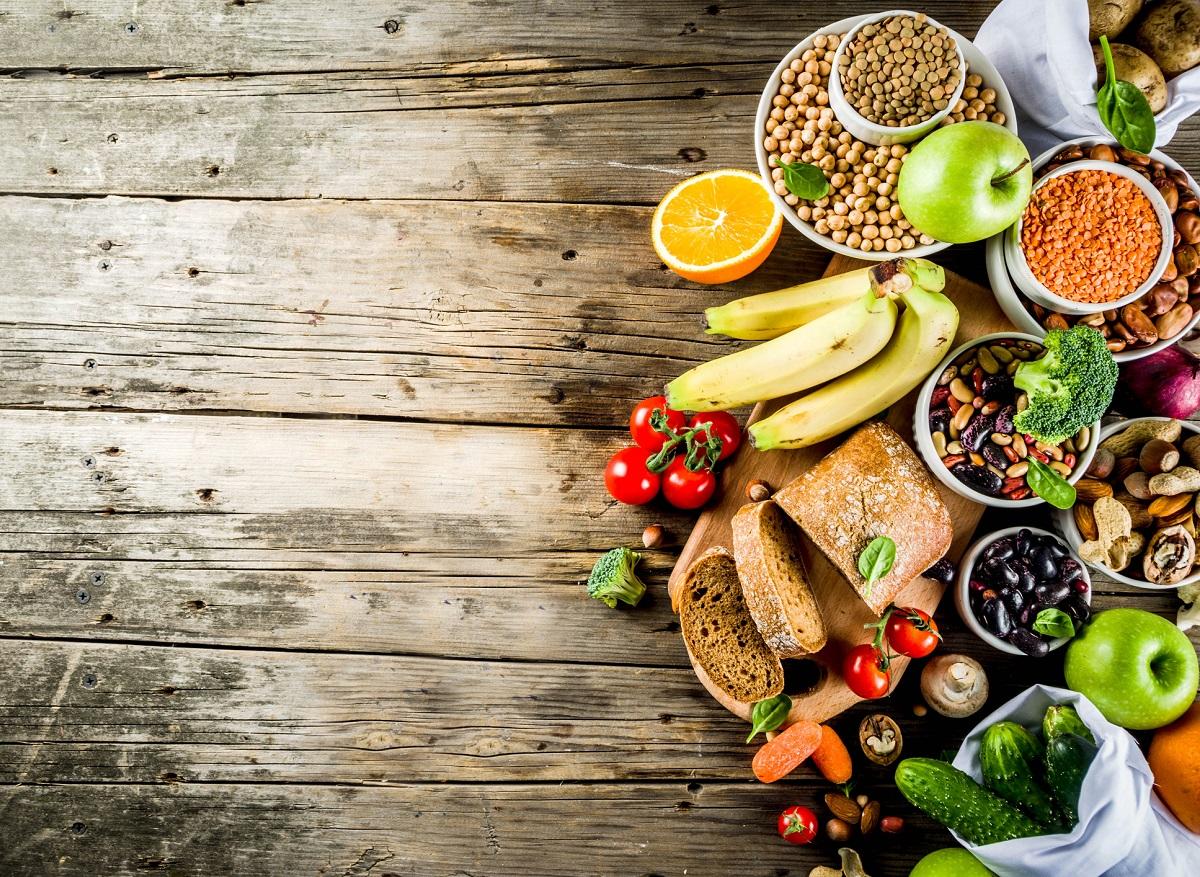A diet rich in vegetables, fruits and cereals would lead to more flatulence and bulkier stools due to a modification of the intestinal microbiota, which is richer in healthy bacteria.

- The stools are about twice as large with the vegetable diet.
- This is explained by the fact that the consumption of plants promotes the presence of intestinal bacteria which feed by fermenting plant fibers.
- Participants passed an average of seven times more gas per day when they were on the plant-based diet than when they were on the Western diet.
Be careful that this article is not an invitation to let go more in public. Spanish researchers from the Biomedical Research Center of the Barcelona Liver and Digestive Diseases Network reported that the digestion of plant products leads to increased flatulence and bulky stools. In a study published on July 30 in the journal Nutritiansthey suggest that this is due to the bacterial population of the intestinal microbiota, which is richer in healthy bacteria.
Saddles twice as heavy
The researchers compared the effects of a Mediterranean-style diet consisting mostly of plants and a Western-style diet containing fewer fruits and vegetables on the intestines of 18 healthy men aged 18 to 38. Each participant was randomly assigned to follow one of the diets for two weeks, before switching to the other diet for two weeks, after observing a break.
The results showed that the men passed a similar number of stools per day on both diets, but these were about twice as large on the plant-based diet. They then weighed these stools. They found that those from the plant-based diet were about 200 grams compared to 100 grams with the Western diet.
plant fibers
For the authors of the study, this is explained by the fact that the consumption of plants promotes the presence of intestinal bacteria which feed by fermenting vegetable fibers. “The extra stool weight is the spent bodies of these extra bacteria, plus water and a small amount of undigested plant fiber“, says Rosemary Stanton, Australian researcher at the University of New South Wales in Sydney and lead author of the study.
Seven times more flatulence
Participants also recorded their daily flatulence count using a hand-held counter. They then found that they emit an average of seven times more gas per day when they were on the plant-based diet than when they were on the Western diet. Separately, each flatulence contained about 50% more gas, as the researchers found by giving the men a test meal of stewed green beans and measuring subsequent gas production using attached balloons. to their rectum.
The explanation lies in the fact that most of the gases emitted are odorless hydrogen, methane and carbon dioxide which are produced by intestinal bacteria when they ferment vegetable fibres. Instead, the smell comes from traces of hydrogen sulfide, which is a byproduct of protein digestion.
Flatulence, a good thing
For the researchers, these results challenge the idea that flatulence is a bad thing. “Our Western idea that farts are a sign that something is wrong is totally wrong.says Rosemary Stanton. In most cases, farts are a sign of a healthy diet and a healthy colon.”
.
















